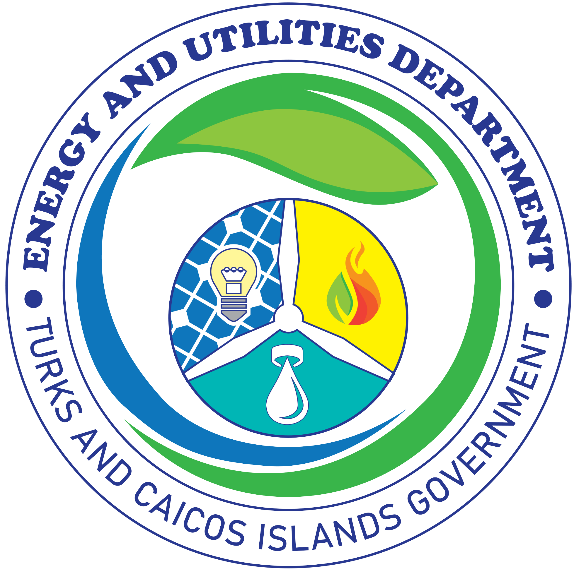Notice of change in meeting dates for North and Middle Caicos residents about the Public Consultation on the Renewable Energy Bill
 Due to weather impacts, the EUD’s public consultation session on TCI’s proposed Renewable Energy Bill, scheduled for this evening, has been postponed. The session will occur tomorrow, Wednesday, October 23, from 6:00 PM to 9:00 PM at Horse Stable Beach Community Centre, North Caicos.
Due to weather impacts, the EUD’s public consultation session on TCI’s proposed Renewable Energy Bill, scheduled for this evening, has been postponed. The session will occur tomorrow, Wednesday, October 23, from 6:00 PM to 9:00 PM at Horse Stable Beach Community Centre, North Caicos.
Further, the public session scheduled for October 23 at the Conch Bar Community Centre in Middle Caicos has been canceled. Instead, residents are invited to attend the session at Horse Stable Beach Community Centre. Transportation will be provided—please contact the District Commissioner’s office for details.
We thank you for your understanding and look forward to welcoming North and Middle Caicos residents tomorrow evening for a presentation and conversation on the country’s proposed RE Bill.
